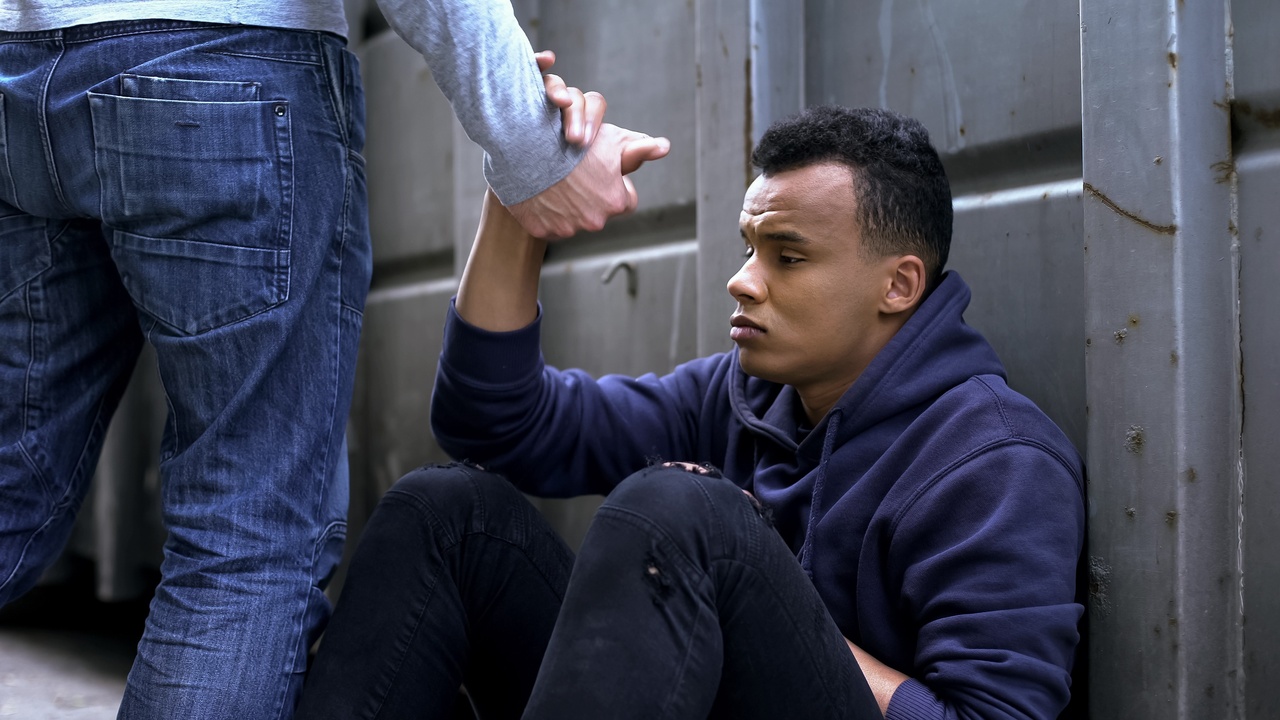We Still Care, Right?
Oct 04, 2013
Distress. A different word to describe the jumble of thoughts, feelings, questions are absent. Distress is the only word that I can muster. Two weeks ago, I returned home to Washington, DC from an overseas trip. I had no access to modern communications—so I had not seen the news. At the midnight of my landing, I learned of a mass shooting at the Washington Navy yard, just minutes from my home. I was shaken. The mass shooting was seven days old.
I watched the morning TV news cycle for almost an hour before I found information. Were they family members or friends or colleagues? It took me a while to locate the identities. Something disconcerting about a massive loss of human life and seven days later there was SO little coverage or information. This compared to the network-wide coverage of Miley Cyrus. Still.
What, I wondered, is happening to a human being whose only relief from his/her pain and anguish is the massive destruction of other humans.
Tragedy visited the Nation’s Capital again yesterday. A young woman, Miriam Carey, attempted to breach the security barriers around the White House in her car. This led to an intense law enforcement car chase through DC to Capitol Hill. Ms. Carey was shot and killed by police. Her 1-year-old daughter was found in her car. Alive. Distress.
Just a few hours ago, tragedy again on the National Mall here in Washington, DC. A man doused himself with gasoline and set himself on fire. Distress.
I continue returning to one question, one thought. What is missing or diminishing in our society that individuals are experiencing more and more isolation and disconnection? Yes, in each of these incidents there is substantial evidence that each person experienced severe mental illness.
In the past 24 months, our country has experienced four mass shootings – Tucson, AZ, Aurora, CO, Sandy Hook, CT, and Washington, DC. In each, the perpetrator was identified as being an ‘isolated, loner’ each suffering from mental illness. I am not a mental health professional nor am I specially trained in mental health issues. I am an inquisitive problem solver and observer of human behavior.
My reoccurring question centers on the consistent theme of isolation in most of these violent, horrific acts. Isolation. We have separated ourselves from individuals and/or they have withdrawn from us. Yes, I realize that in my observation and search for a solution/understanding that I may be simplifying the extraordinary complex issue of mental illness. Isolation is real. Disconnection is real. Separation is real. I believe isolation, disconnection, and separation are exponentially becoming the norm.
I am clear. I have traveled to many countries where family time is sacred; where friendships transpire face-to-face. The conversation is real, meaningful, connected. Care and concern mean intervention; an intrusion into a person’s space for the sole purpose of helping, assisting, relieving, connecting, humanizing, and loving. Human relationship is valued over more hours at work, a new gadget, a bigger house, another promotion. Valued.
Mental illness is not a new phenomenon. I can’t help but wonder how a human being can be isolated in our society. We still care, right? The son or daughter who has angered us to the point that we’ve stopped speaking—is still cared about, right? The parent who didn’t live up to our expectations is still cared about, right? Our co-worker who is “really different” still deserves my attention and care, right? Relationships are still important, right? Knowing that you are cared for or cared about is extraordinarily therapeutic.
Pick up the phone. Call that person who has been isolated from your life. Check-in on that young family that seems so stressed. Take a walk with your teenager and rediscover her/him. Stop. Stand still and ask one of the most important questions: “How are you?” Then fully, completely, deeply listen. Listen. Intrude, pry, question. It is the MOST important contribution you can give to a human being. When and where needed give your help and care unflinchingly. It matters that we care. It makes a difference.
Peace & Blessings~
Jenny
Jenny DuFresne is the CEO, Leaders Transform. Our mission is to develop leaders who grow, inspire, and evolve people, culture, and impact. Our team supports executive and mid-level leaders with executive coaching, leader, team, and culture development in mid-market companies. Learn more at www.LeadersTransform.com
Free Access to the Stop the Overwhelm Checklist
Join our leader community. Get 7 strategies to reduce stress and increase your impact.
We hate SPAM. We will never sell your information, for any reason.
